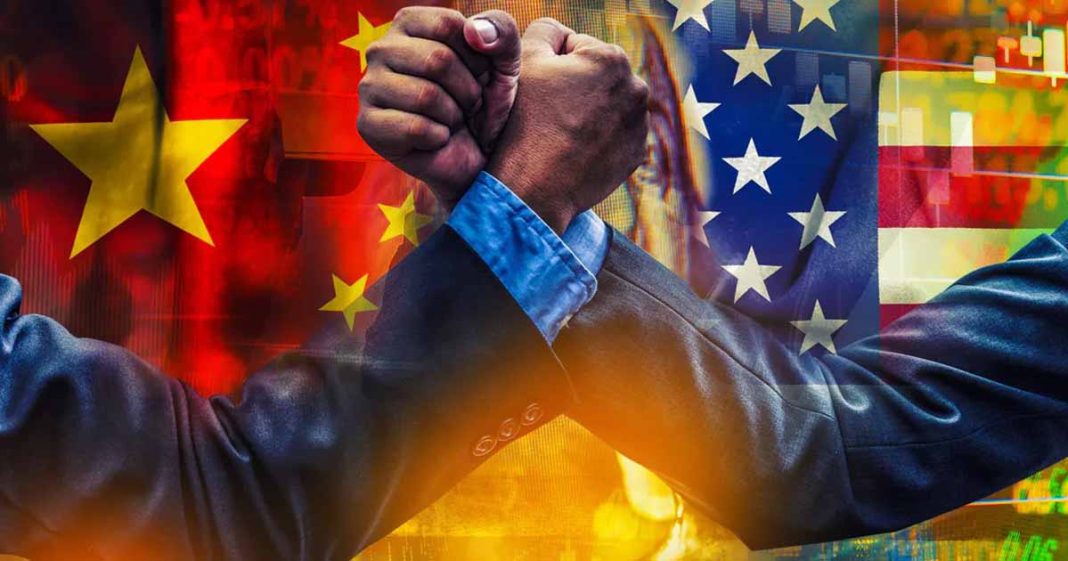The United States plans to invest in five to 10 large infrastructure projects around the world in January as part of a broader Group of Seven program to counter China’s Belt and Road Initiative, a senior US official said today.
A US delegation led by President Joe Biden’s deputy national security adviser, Daleep Singh, identified at least 10 promising projects in Senegal and Ghana during a series of “listening tours” last week, the official said.
Officials are meeting government and private-sector leaders as they hunt for projects to be funded under the Build Back Better World (B3W) initiative launched by the G7 rich democracies in June. Plans could be finalised during a G7 meeting in December, the official said.
A US delegation visited Ecuador, Panama and Colombia during a similar tour in early October, with another slated to visit Asia before year-end, the official said, without naming any specific Asian countries.
Read more: Understanding India’s collapse in the Indo-Pacific
The G7 B3W initiative is aimed at partially meeting the US$40 trillion (RM166 trillion) in infrastructure investment that developing countries will need by 2035 and providing an alternative to problematic lending practices by China, officials have said.
The United States will offer developing countries “the full range” of US financial tools, including equity stakes, loan guarantees, political insurance, grants and technical expertise to focus on climate, health, digital technology and gender equality, the official told reporters.
The effort is seeking to “identify flagship projects that could launch by the start of next year,” the official said.
Singh was joined in Africa by Alexia Latortue, deputy chief executive officer of the Millennium Challenge Corp, and Travis Adkins, deputy assistant administrator for Africa at the US International Development Finance Corp, said Emily Horne, spokesperson for the White House National Security Council.
US plans to invest in 5-10 large #infrastructure projects around world in January as part of broader #G7 program to counter #China's Belt & Road Initiative, @Reuters rpts: https://t.co/H8FyOu58P8
— Mark Albert (@malbertnews) November 9, 2021
Biden sought to advance the initiative during a meeting on the sidelines of the COP26 UN climate conference with European Commission President Ursula von der Leyen, British Prime Minister Boris Johnson and other G7 partners, she added.
The administration official said senior officials in Senegal and Ghana welcomed US assurances that unlike China, the world’s largest creditor, the United States would not require non-disclosure agreements or collateral agreements that could result in later seizure of ports or airports.
Projects discussed included setting up a possible vaccine manufacturing hub for West Africa in Senegal, bolstering renewable energy supplies, boosting lending to women-owned businesses, and narrowing the digital divide.
When asked about the project during a routine press briefing on Tuesday, Chinese foreign ministry spokesperson Wang Wenbin said there was “enormous space” for infrastructure cooperation.
Read more: CPEC execution: The way forward
“Different initiatives don’t offset or replace each other,” Wang told reporters.
“The world needs efforts to build bridges…we need to advance connectivity, not decoupling.”
Reuters with additional input by GVS News Desk














